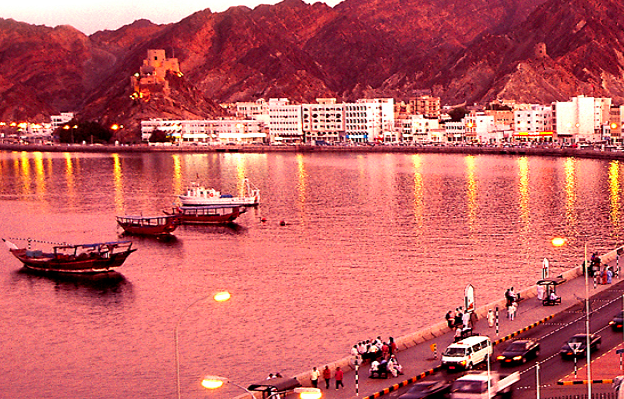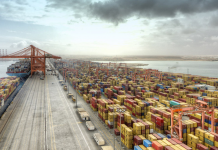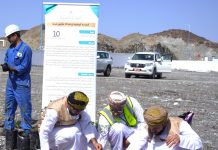Muscat: Total revenues collected by the end of the first half of 2022 amounted to RO6.724bn, comprising a rise of 54.2 per cent compared to RO4.361bn registered over the same period in 2021.
The collected revenues accounted for 63.6 per cent of total revenues estimated in the 2022 Budget which were RO10.580mn.
This increase is attributed to net oil revenues going up by the end of the first half of 2022 by 40.1 per cent to reach RO3.187bn compared to the same period in 2021. This is a result of a rise in the average oil price to US$87 per barrel compared to US$53 per barrel achieved over the same period in 2021 as well as a rise in average oil production to 1,037,000 barrels per day compared to 952,000 barrels per day registered over the same period in 2021.
Gas revenues by the end of the first half of 2022 hit RO1.729bn, comprising a surge of 137.8 per cent compared to the same period in 2021. This is a result of higher gas prices and production.
At the end of the first half of 2022, current revenues amounted to RO1.796nb, up by 34.3 per cent compared to the same period in 2021. Tax and fees revenues amounted to RO1.125bn, growing by 71.5 per cent compared to the same period in 2021.
At the end of the first half of 2022, corporate income tax stood at RO424mn, increasing by 23.3 per cent compared to the same period in 2021. Moreover, excise tax and VAT revenues amounted to RO48mn and RO345mn respectively by the end of the first half of 2022.
Other revenues amounted to RO671mn, including RO392mn of dividends received from Oman Investment Authority (OIA) at the end of the first half of 2022.
Public spending by the end of the first half of 2022 reached RO5.941bn, rising by 8.6 per cent compared to the same period in 2021. Public spending amounted to 48.9 per cent of the 2022 Budget estimates of RO12.130bn.
Development expenditure amounted to RO413mn, up by 38.1 per cent compared to RO299mn reported over the same period in 2021.
Current expenditure at the end of the first half of 2022 amounted to RO4.550bn, increasing by 13.5 per cent compared to the same period in 2021. This is driven by an increase of 154.6 per cent in the gas purchase and transport expenditure to reach RO639mn and a rise of 31.7 per cent in public debt service to RO521mn.
Total contributions and other expenses by the end of the first half of 2022 reached RO863mn, going up by 88 per cent compared to the same period in 2021. This is due to a rise in oil products subsidy to RO314mn and an allocated RO100mn for future debt obligations budget-item which aims to repay part of future loans.
At the end of the first half of 2022, the budget posted a surplus of RO784mn compared to a deficit of RO1.108bn over the same period in 2021.
During the first half of 2022, the Ministry of Finance paid the private sector’s dues received via the fiscal system which completed the documentary cycle and stood at RO504mn.
The government benefited from the additional revenues during 2022 by accelerating economic recovery through increasing development expenditure to RO1.100bn compared to previous figures, up by RO200mn to be allocated for priority projects and economic and social impact.
As of the end of June 2022, development expenditure amounted to RO413mn, increasing by 38.1 per cent compared to RO299mn reported over the same period in 2021.
RO650mn was allocated for implementing additional development projects to be added to the projects list of the 10th Five-Year Development Plan (2021-2025). Such projects would be implemented across various health, education, housing, transport, tourism and municipal sectors.
In light of current global geopolitical situations, which have led to a rise in oil prices and prices of basic food commodities, the Government revised the subsidies to mitigate the implications.
By the end of the first half of 2022, government subsidy amounted to RO314mn allocated for oil products subsidy (fuel prices were fixed in November 2021) and RO11mn allocated for basic food subsidy.
Oman’s liability management exercise reduces public debt by buying back some of the sovereign bonds for less than its nominal value, repayment of high-cost loans and issuance of government Sukuks to the Muscat Stock Exchange at preferable rates.
This contributed to declining total public debt which amounted to RO18.6 billion by July 2022. Debt servicing cost achieved a saving of RO127mn, in addition to enhancing the investor’s confidence and improving Oman’s credit ratings.






